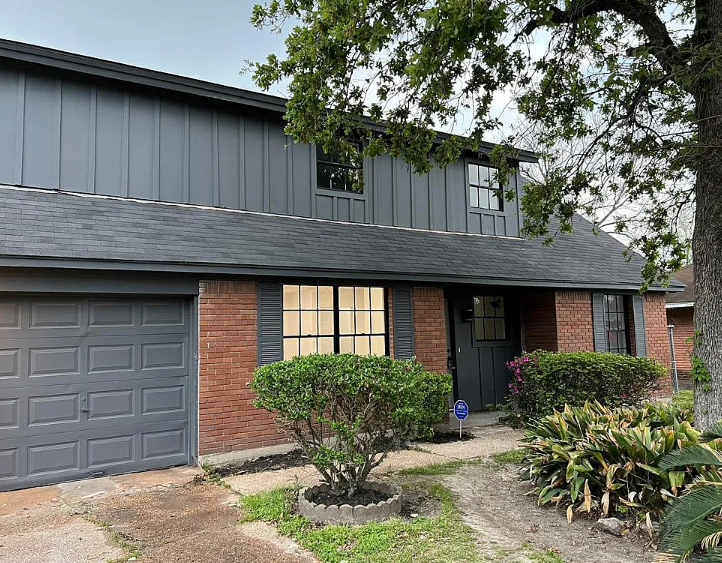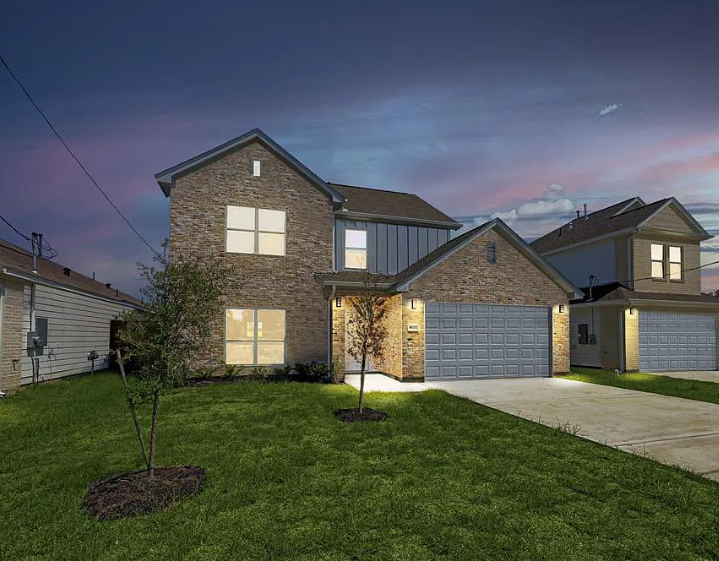Investing in rental properties can be a lucrative venture that offers both financial stability and long-term wealth-building opportunities. Whether you’re a seasoned investor or considering your first foray into real estate, here are some compelling benefits of investing in rental properties:
- Steady Cash Flow: One of the most significant advantages of owning rental properties is the potential for generating steady cash flow. By renting out your property, you can collect monthly rental income that can cover the mortgage, property expenses, and even provide you with additional income.
- Appreciation and Equity Growth: Over time, real estate properties tend to appreciate in value. This means that as the market value of your rental property increases, so does your equity. Appreciation can be a substantial source of wealth-building, allowing you to build equity and potentially sell the property for a profit in the future.
- Tax Benefits: Rental properties offer various tax benefits that can help reduce your overall tax liability. You may be able to deduct mortgage interest, property taxes, insurance premiums, repairs, and other operating expenses from your rental income. Additionally, depreciation allows you to deduct a portion of the property’s value over time, further reducing your taxable income.
- Portfolio Diversification: Real estate investments provide diversification to your investment portfolio. Owning rental properties can balance out the risks and returns of other investments, such as stocks or bonds. Real estate investments are typically less volatile and offer a tangible asset that can provide stability during market fluctuations.
- Control and Appreciation through Improvements: As a rental property owner, you have control over the property’s management and improvements. By making strategic renovations and upgrades, you can increase the property’s value, attract higher-quality tenants, and potentially command higher rental rates. This ability to actively enhance and appreciate your investment is a unique advantage of real estate.
- Inflation Hedge: Real estate investments are often considered a hedge against inflation. As inflation rises, so do rental prices and property values. By investing in rental properties, you can protect your investment against the eroding effects of inflation and potentially benefit from increased rental income and property appreciation.
- Long-Term Wealth Building: Rental properties offer the potential for long-term wealth building. As you collect rental income, pay down the mortgage, and the property appreciates over time, you are building equity and accumulating wealth. Additionally, rental properties can provide a reliable source of passive income during retirement or financial independence.
- Control over Investment: Unlike some other investment options, rental properties give you direct control over your investment. You can actively manage the property, make strategic decisions, and have a tangible asset that you can see and touch. This level of control allows you to influence the success of your investment.
- Potential for Short-Term Rental Income: With the rise of platforms like Airbnb and VRBO, short-term rental properties have become increasingly popular. If you have a property in a desirable location, you may have the opportunity to generate higher rental income by renting it out on a short-term basis, especially during peak tourist seasons.
- Legacy and Wealth Transfer: Owning rental properties can be a valuable tool for building generational wealth. Real estate assets can be passed down to future generations, providing ongoing income and asset appreciation. This can help secure your family’s financial future and create a lasting legacy.
Investing in rental properties offers a range of benefits, from generating cash flow and building equity to enjoying tax advantages and diversifying your investment portfolio. However, it’s important to conduct thorough research, understand the local rental market, and carefully evaluate each investment opportunity. With proper due diligence and a well-executed strategy, rental properties can be a rewarding and profitable investment avenue.

